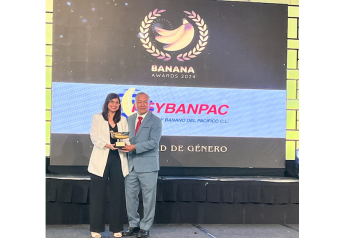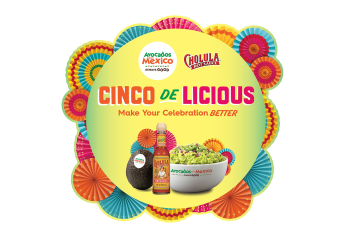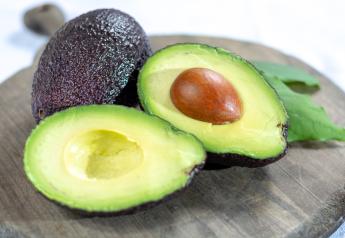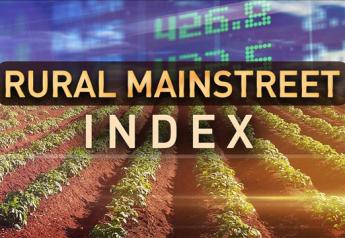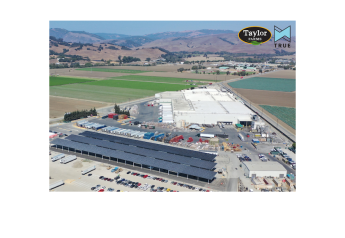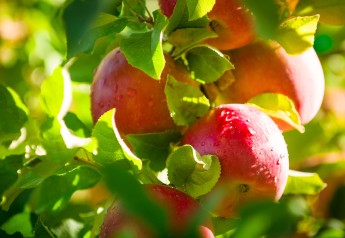Distrust in science threatens progress

When Jonas Salk invented the polio vaccine in 1953, he was feted in a New York ticker tape parade and hailed as the “great doctor-benefactor of his time.” Compare that to today, when scientists and the institution of science overall are often met, not with praise, but with skepticism.
Look no further than the controversy surrounding COVID-19 vaccines and a U.S. vaccination rate of just 65%. While people’s choice to vaccinate can be shaped by numerous factors, it’s clear that declining trust in science is one of the factors at play.
According to a February 2022 study by the Pew Research Center, 29% of U.S. adults say they have a great deal of confidence in medical scientists to act in the best interests of the public, down from 40% who said this in November 2020. Similarly, the share with a great deal of confidence in scientists overall to act in the public’s best interests is down by 10% (from 39% to 29%). Yet, we have a modern-day medical miracle that has taken place. Messenger RNA has tremendous potential to medical applications beyond COVID-19, including implications to other infectious diseases and treatments for conditions such as cancer and multiple sclerosis.
Related: Strategies outlined to reduce food waste
For those of us in food and agriculture, the pushback on science is significant. On one hand, scientific advances can radically and positively impact the foods we grow, eat and produce, in addition to the health of people and the planet. However, public perception of science, including gene editing and other biotech advances, not only threatens agriculture’s license to operate, but also has potential to halt progress on important issues such as climate change.
Consider pesticides, something we know many consumers are wary of. Scientific advances — including those using RNA interface — are poised to be attractive choices for integrated pest management. In fact, science is enabling the development of better and safer products, including nonsynthetic solutions to control weeds, disease and insects that threaten the food supply. Gene editing is being used to help food production become more environmentally sustainable by using less water, fertilizer and traditional pesticides — often while increasing yields and meeting growing demands for food. When it comes to food safety, new kill steps are being explored to eliminate pathogens on foods such as leafy greens, making them safer for consumers. For those driven by taste and nutrition, gene editing can help crops up the ante on nutrition and create bold new flavor profiles. All of this and more is at risk.
Related: A peek behind the curtain at LGMA
So, what’s the solution? First, we must work together to support sound science completed with the highest standards of ethical conduct, transparency and best practices, and raise the profile of this good work. We must also be transparent about industry-supported research and the methodology behind it — but these things alone are not enough.
I’ve heard many people in food and agriculture argue for the institution of science and the advances it produces. While I certainly support efforts that help rebuild trust in science, those of us in food and agriculture must also connect with stakeholders, not with science alone, but also with shared values between farmers and their constituents.
We’ve come a long way since the days of Salk. What’s possible today was once only the subject of science fiction and imagination. Science is launching us into an exciting period of more sustainable and plentiful production, as well as safer, healthier and tastier foods. Now, it’s up to us to help rebuild public trust so we can reap the benefits of what science has made possible.


